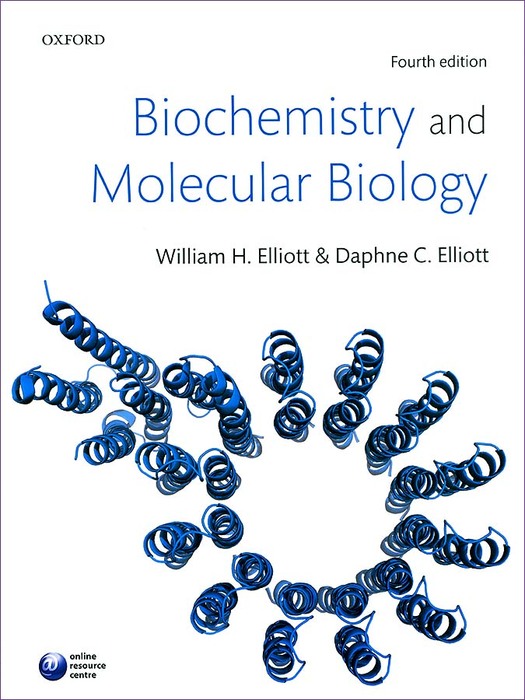Biochemistry and Molecular Biology 4/e 2009
Biochemistry and Molecular Biology 4/e 2009-需求單
內容簡介
Biochemistry and Molecular Biology is the perfect resource for any student without previous experience in the subject who needs to know its key principles and concepts, whether they are studying biology or biochemistry, biomedical science or nutrition.
The book blends the fundamentals of molecular biology and biochemistry with the latest technological advances, including mass spectrometry, RNA interference, X-ray synchrotron radiation, the medical applications of single nucleotide polymorphisms, the development of pluripotent cells with stem cell potential, and the use of protein and DNA databases and their application to the study of disease-causing genes.
It gives a contemporary, intellectually stimulating depiction of the field, while always maintaining a wonderful clarity, enriched by carefully layered explanations and vivid illustrations. Its scope, size and presentation make Biochemistry and Molecular Biology the ideal companion as you explore the subject for the first time.
作者簡介
William H. Elliott, Emeritus Professor, Department of Biochemistry, University of Adelaide, Australia
Daphne C. Elliott, Department of Biochemistry, Flinders University, Adelaide, Australia
目次
Part 1 Basic concepts of life
1: The basic molecular themes of life
2: Cells and viruses
3: Energy considerations in biochemistry
Part 2 Structure and function of proteins and membranes
4: The structure of proteins
5: Methods in protein investigation
6: Enzymes
7: The cell membrane and membrane proteins
8: Muscle contraction, the cytoskeleton, and molecular motors
Part 3 Metabolism
9: Food digestion, absorption, distribution to the tissues and appetite control
10: Mechanisms of transport, storage and mobilisation of dietary components
11: Principles of energy release from food
12: Glycolysis, the citric acid cycle, and the electron transport system
13: Energy release from fat
14: The synthesis of fat and related compounds
15: Synthesis of glucose (gluconeogenesis)
16: Strategies for metabolic control and their applications to carbohydrate and fat metabolism
17: Why should there be an alternative pathway of glucose oxidation? The pentose phosphate pathway
18: Raising electrons of water back up the energy scale - photosynthesis
19: Amino acid metabolism
20: Nucleotide synthesis and metabolism
Part 4 Information storage and utilisation
21: The genome
22: DNA synthesis, repair and recombination
23: Gene transcription and control
24: Protein synthesis and controlled protein breakdown
25: The RNA world - RNA microgenes and RNA interference
26: Protein sorting and delivery
27: Cell signalling
28: Manipulating DNA and genes
Part 5 Molecular biology in health and disease
29: Special topics: blood clotting, xenobiotic metabolism, reactive oxygen species
30: The immune system
31: The cell cycle and its control
32: Apoptosis
33: Cancer

